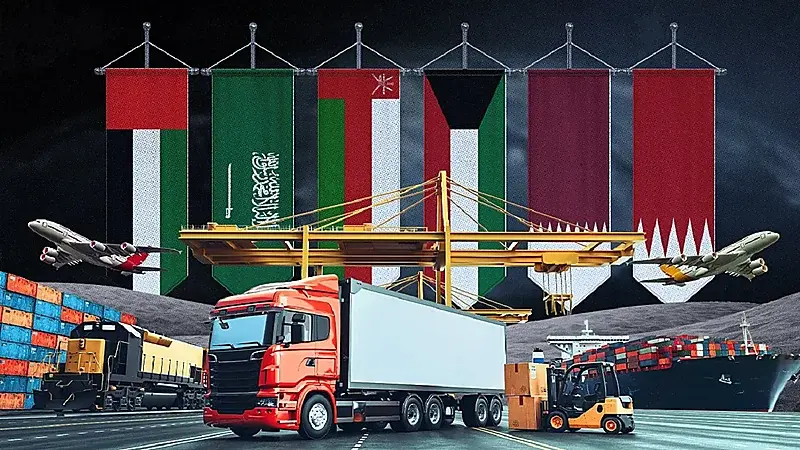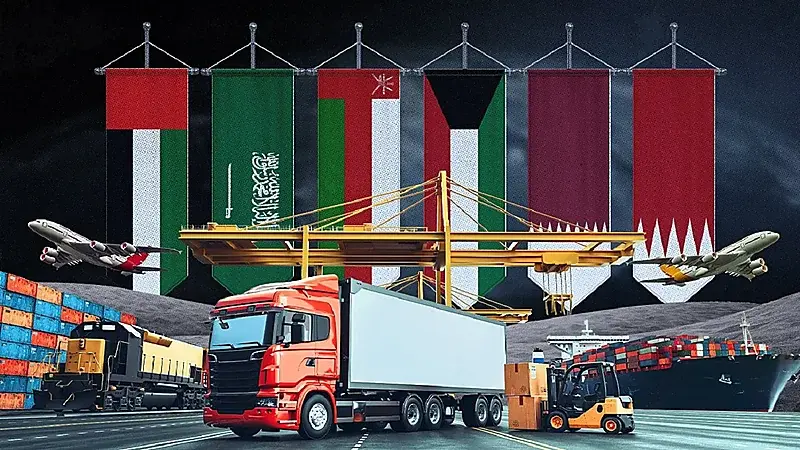
GCC Land Transport Law: A Step Towards a Unified Market and Safer Road Networks

The International Land Transport Law among the GCC states represents a positive step, as it aims to establish a unified legal framework regulating international land transport (passenger and cargo transport) between GCC countries. This facilitates trade and transport, reduces bureaucratic complexities, and aims to enhance road safety through technical requirements for vehicles and controls for drivers. In addition, the law stimulates economic activity among GCC states by facilitating cross-border transport of goods, contributing to the growth of inter-GCC trade and supporting economic integration. It also protects the environment by regulating the transport of hazardous materials to prevent environmental damage. The enforcement of this law represents a step toward safety, stability, and regulatory order for transport companies and individuals. Key provisions of the law include: • Prohibition of international land transport between GCC countries without an "Operating Card" issued by the competent authority (similar to an international transport license). Violations are subject to an administrative fine ranging from SAR 20,000 to SAR 100,000. • Transit of empty vehicles: Entering a GCC state with an empty vehicle (without goods or passengers) is allowed for transit purposes only. To engage in transport within that state, prior authorization is required. Violations are subject to an administrative fine ranging from SAR 1,000 to SAR 5,000. • Foreign vehicles: Vehicles not registered in any GCC country are prohibited from transporting passengers or goods to a country other than their country of registration without approval from the competent authority in the country of intended transport. Violations are subject to fines ranging from SAR 5,000 to SAR 20,000. • Kuwaiti-registered vehicles: Vehicles registered in Kuwait are not allowed to conduct domestic transport within any GCC country (e.g., transporting goods from Dubai to Abu Dhabi) without prior authorization from the competent authority in the country of intended transport. Violations are subject to fines ranging from SAR 20,000 to SAR 100,000. • Compliance with technical specifications: Vehicles must comply with technical and safety standards. Violations are subject to fines ranging from SAR 1,000 to SAR 5,000. Transporters engaged in international land transport must comply with the following obligations: 1. Keep the Operating Card inside the vehicle. 2. Ensure that passengers and drivers carry valid travel documents. 3. Issue a passenger list as determined by the regulations and retain it in the vehicle. 4. Do not load any personal belongings or goods in passenger vehicles without the presence of the owners. 5. Affix identification to passengers’ personal belongings or goods according to the regulations. 6. Use appropriate vehicles for the type of goods transported and ensure secure loading. 7. Issue a transport document in accordance with the procedures and rules established by the regulations. 8. Comply with technical requirements for vehicles. 9. Adhere to gross weight, axle weight, and dimensional limits permitted on the road network. 10. Fulfill any other obligations specified in the regulations.


